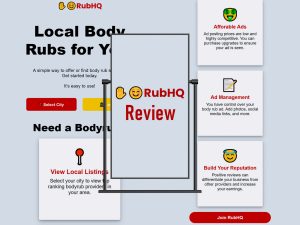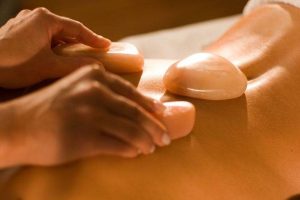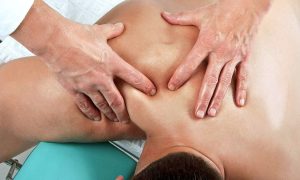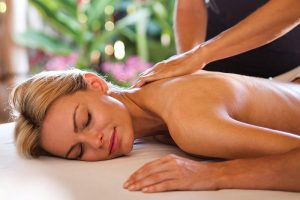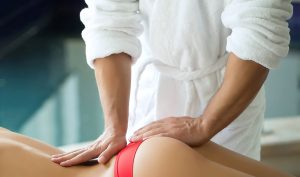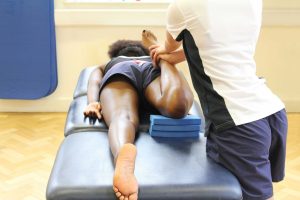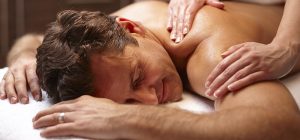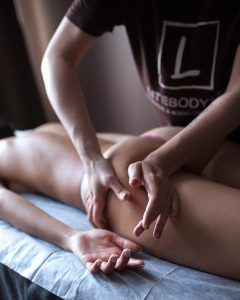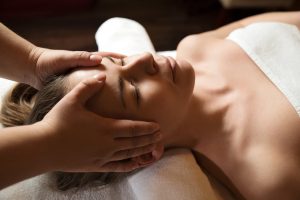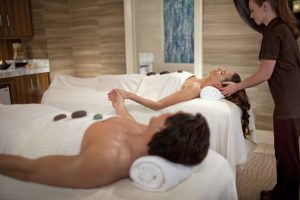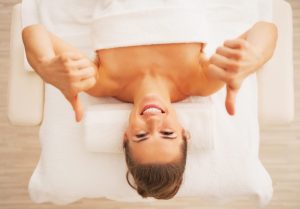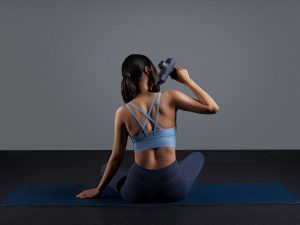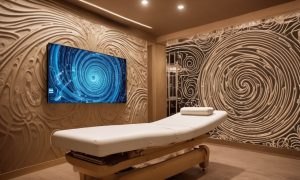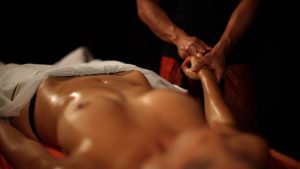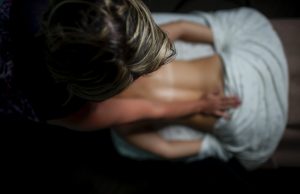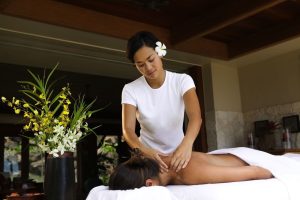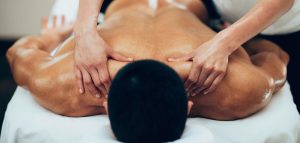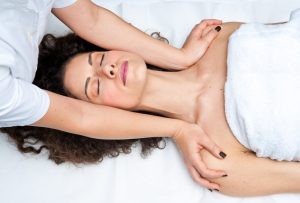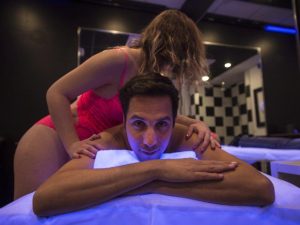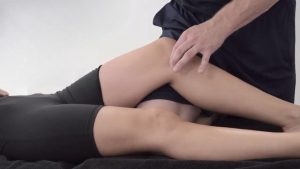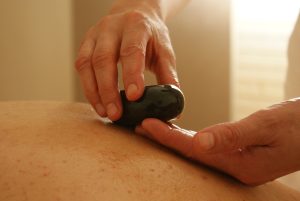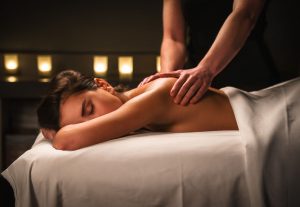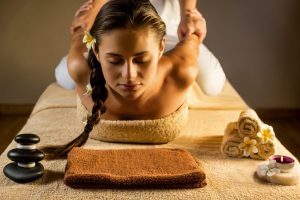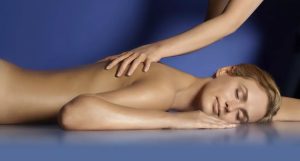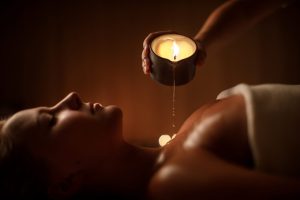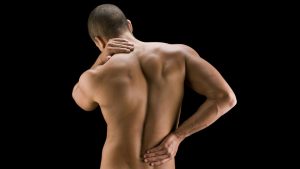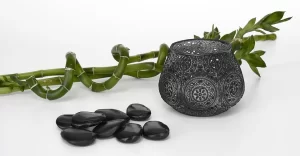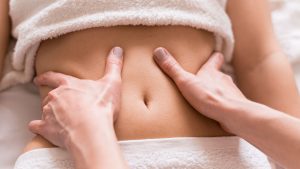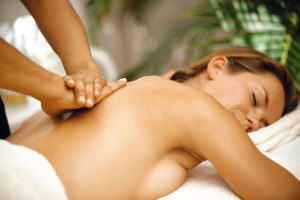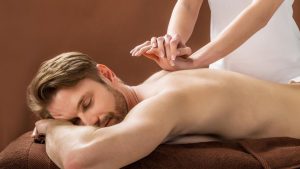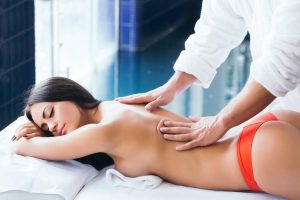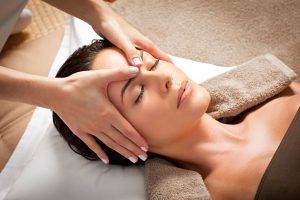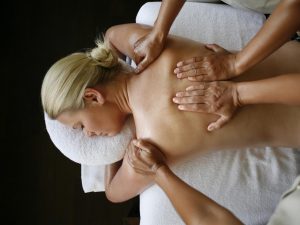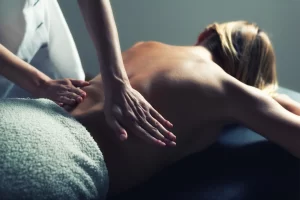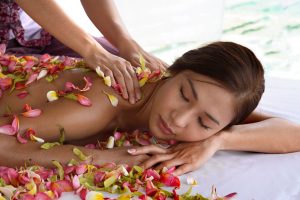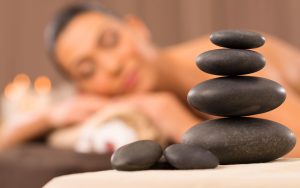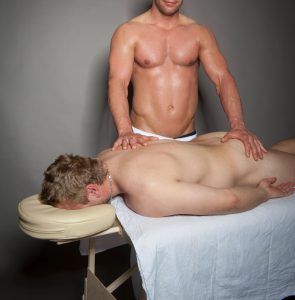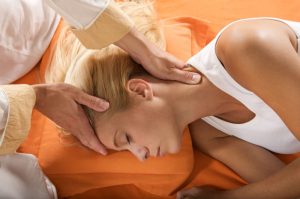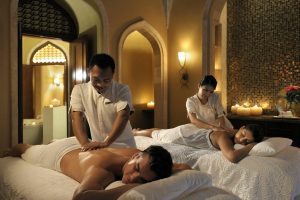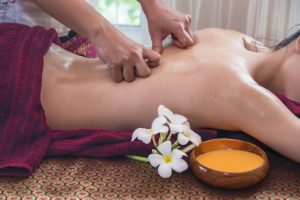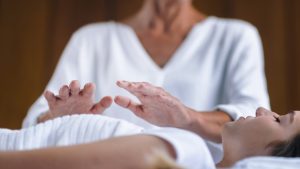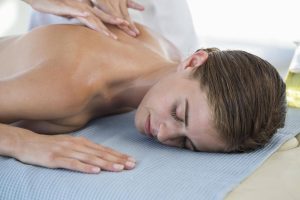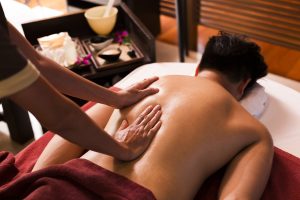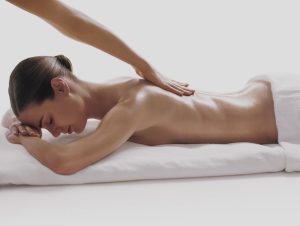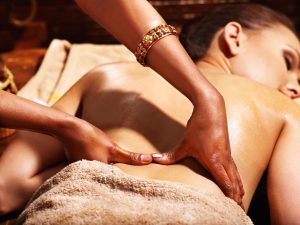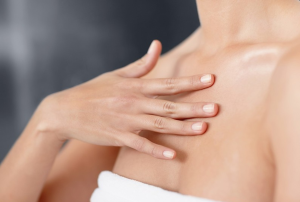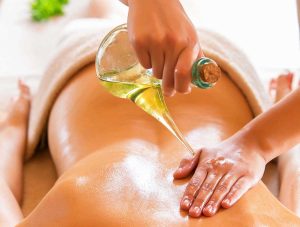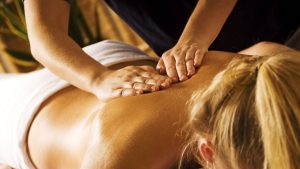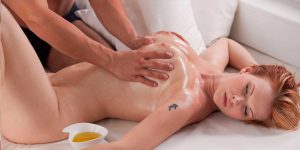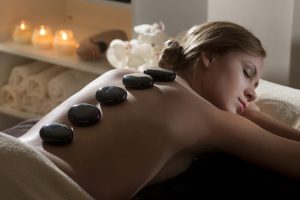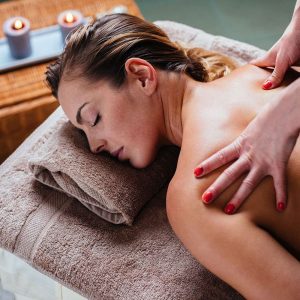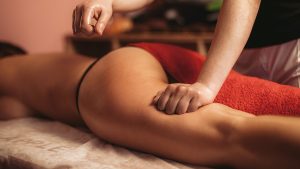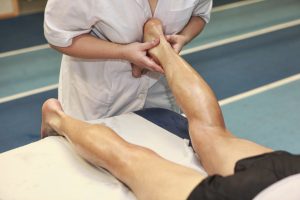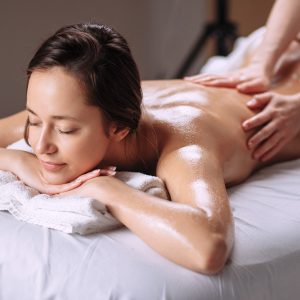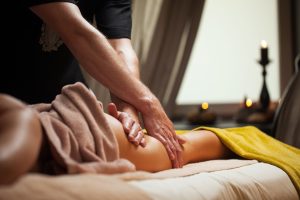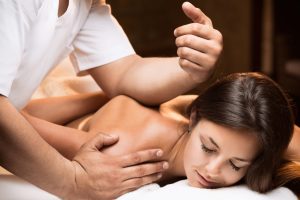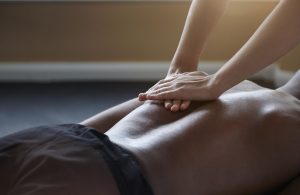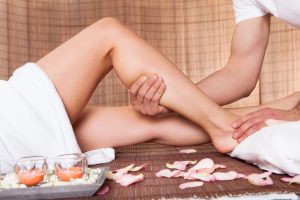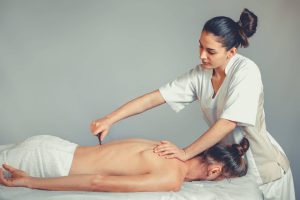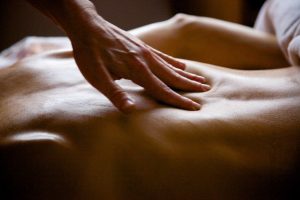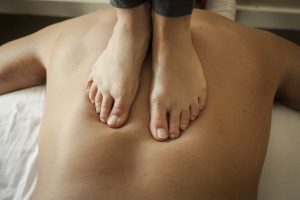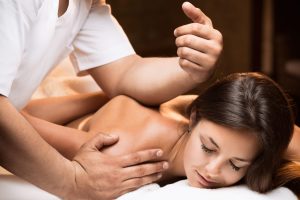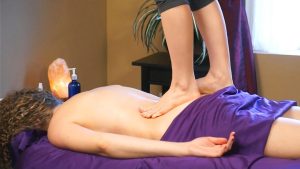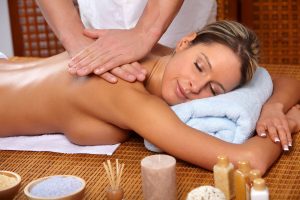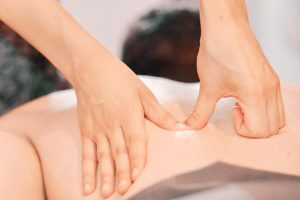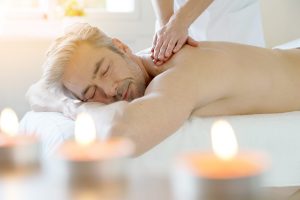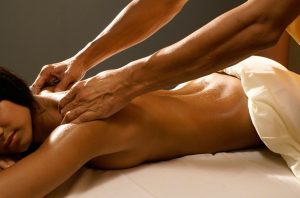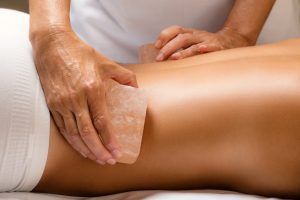Thai yoga massage is not just a relaxation procedure; it is an art deeply rooted in the ancient traditions of Thai culture. This unique form of massage raises numerous questions: What makes it special? What techniques are used? And what benefits does it offer?
Let’s dive together into the world of Thai yoga massage, uncovering its origins and fundamental principles. By doing so, you will not only understand how it works but also feel how this procedure can transform your body and mind. Let’s unravel the mystery of Thai yoga massage and open the door to a unique experience of relaxation and rejuvenation!
Foundations of Thai Yoga Massage
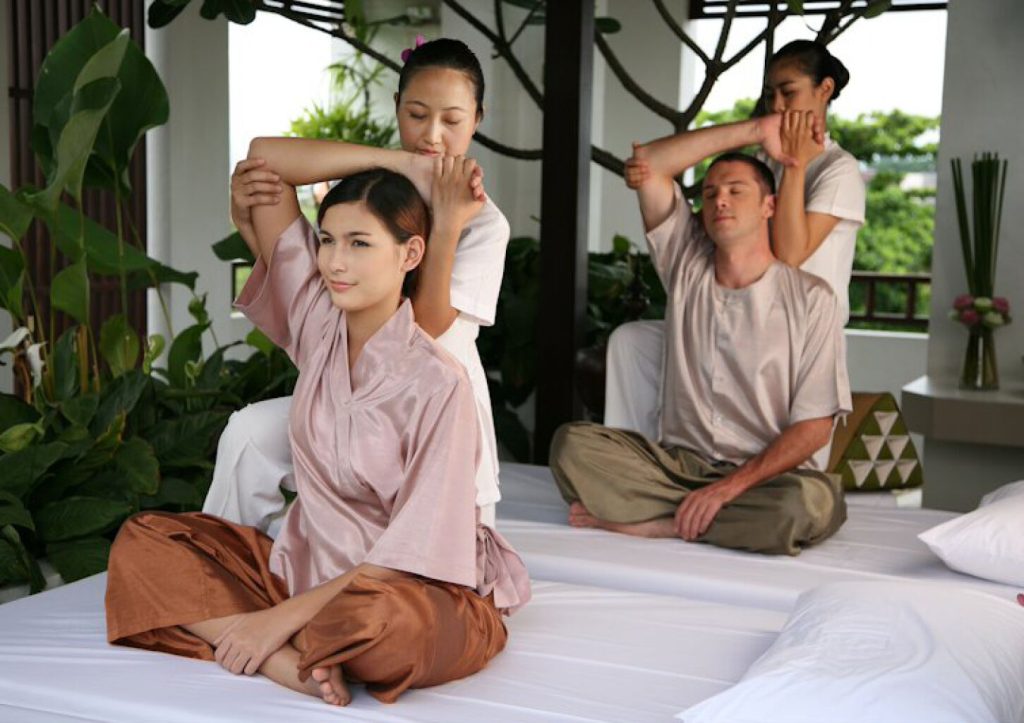

The harmonious blend of yoga techniques and Thai medicine creates a powerful means of restoration and relaxation. Passed down through generations, this art preserves its unique features and values. The basis of relaxation is the teaching of free energy flow along the body’s meridians. Working with energy points and meridians aims to restore balance in the body.
Massage practice deeply interacts with yoga techniques. The client actively participates, performing specific poses and breathing exercises, helping to open the body and mind, enhancing the effectiveness of the massage. It also contributes to harmonizing the body and improving physical and emotional well-being.
Mastering the basics of Thai yoga massage is an immersion into an art where ancient traditions and modern techniques merge to create a breathtaking experience of restoration and harmony
Techniques of Thai Yoga Massage
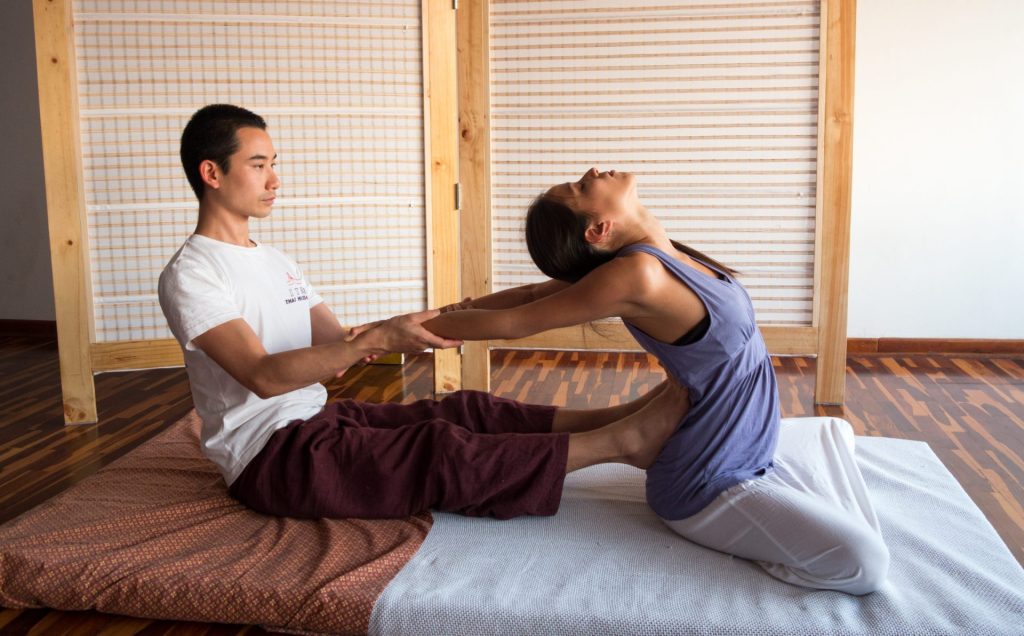

- Stretching: The massage therapist uses various techniques to gently bend and stretch the client’s body, improving flexibility and supporting the free flow of energy.
- Compression and Pressure: This technique helps relieve tension in muscles and stimulates blood circulation, enhancing overall well-being.
- Work with Energy Lines: The massage therapist focuses on these lines, restoring energy balance in the body.
- Joint Manipulations: Gentle and precise joint manipulations contribute to increased mobility and reduced tension, releasing blockages and promoting natural joint alignment.
- Active Client Participation: The client performs specific breathing exercises, helping deepen stretches and intensify the massage’s effects.
- Use of Various Body Parts: The massage therapist employs hands, feet, elbows, and knees, ensuring even pressure distribution and providing a comprehensive massage experience.
Health and Relaxation Benefits
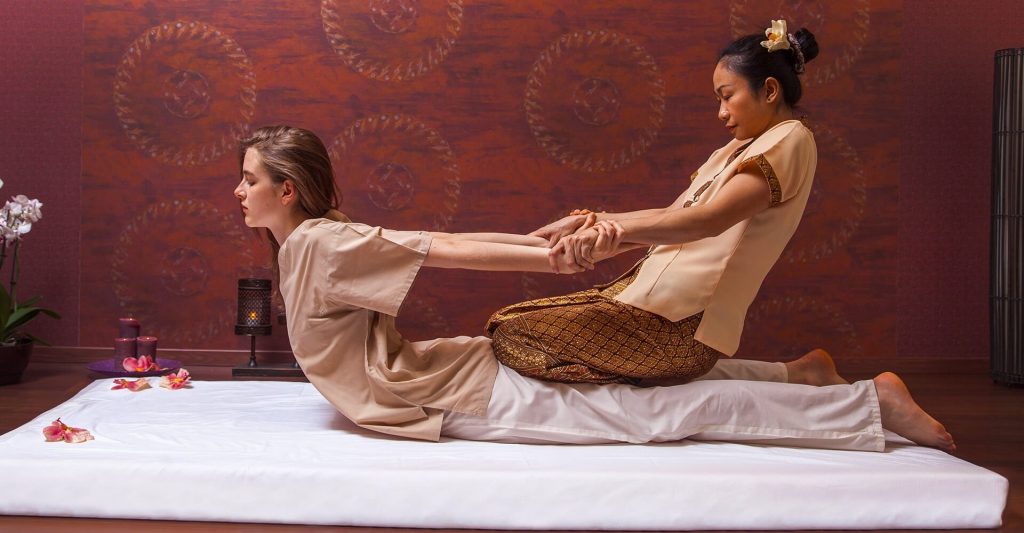

- Improved Flexibility and Mobility: Frees the body from tension, enhancing overall functionality.
- Stress and Tension Relief: Results in complete relaxation and release of negative emotions.
- Enhanced Blood Circulation: Facilitates efficient oxygen and nutrient delivery to tissues and aids the body in eliminating toxins.
- Stimulation of Energy Meridians: Promotes harmony in the functioning of internal systems and organs.
- Enhanced Emotional Well-being: Contributes to the release of positive emotions and reduction of depression.
- Improved Sleep and Mind Relaxation: Thanks to the relaxing impact on the nervous system.
For Whom is Thai Yoga Massage Suitable


- Busy Professionals and Businesspeople: Allows for energy restoration and increased efficiency at work.
- Athletes and Active Individuals: Assists in recovery after workouts, contributing to better physical preparedness.
- Individuals with Back and Joint Pain: Aids in improving mobility and reducing discomfort.
- Those Seeking Emotional Balance: Reduces stress levels and enhances overall mood.
- Regular Computer Users: Reduces tension in the neck, back, and shoulders, improving posture.
- Those Seeking Relaxation and Self-Care: Offers a unique self-care experience.
Questions and Answers:
How often is Thai yoga massage recommended for maintaining health?
If the goal is general health support and prevention, one session per month may be sufficient. For specific issues or chronic conditions, more frequent sessions may be recommended, possibly weekly or bi-weekly, under the guidance of a specialist. The frequency may also be influenced by stress levels, physical activity, and individual needs, with some preferring more frequent sessions for balance maintenance.
Can Thai yoga massage help improve flexibility in older individuals?
Stretching techniques aim to increase flexibility in muscles and joints, making it particularly beneficial for preventing or reducing stiffness in older individuals. The gentle and targeted joint manipulations also contribute to increased joint mobility, crucial for aging individuals.
What is thai massage?
How is Thai yoga massage different from other forms of bodywork?
Thai yoga massage is distinct in that it applies yoga poses, ayurveda, and energy lines to improve flexibility and aid in healing, making it a therapeutic and holistic form of massage therapy.
What does a massage therapist do?
A massage therapist is a professional who offers massage therapy by using their hands, elbows, and specialized techniques to provide a range of massage and bodywork sessions to their clients.
What are the benefits of traditional Thai practice?
The traditional Thai practice is rooted in Buddhist principles of loving kindness and aims to improve the range of motion and increase the flow of energy by using Thai healing techniques.












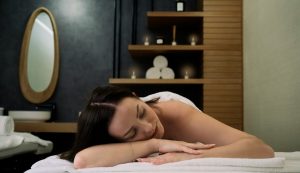
![11 Best Alternatives to Bedpage: Your Ultimate Guide [March 2024]](https://massage.dating/wp-content/uploads/2024/03/Best-Alternatives-to-Bedpage-300x200.jpg)


